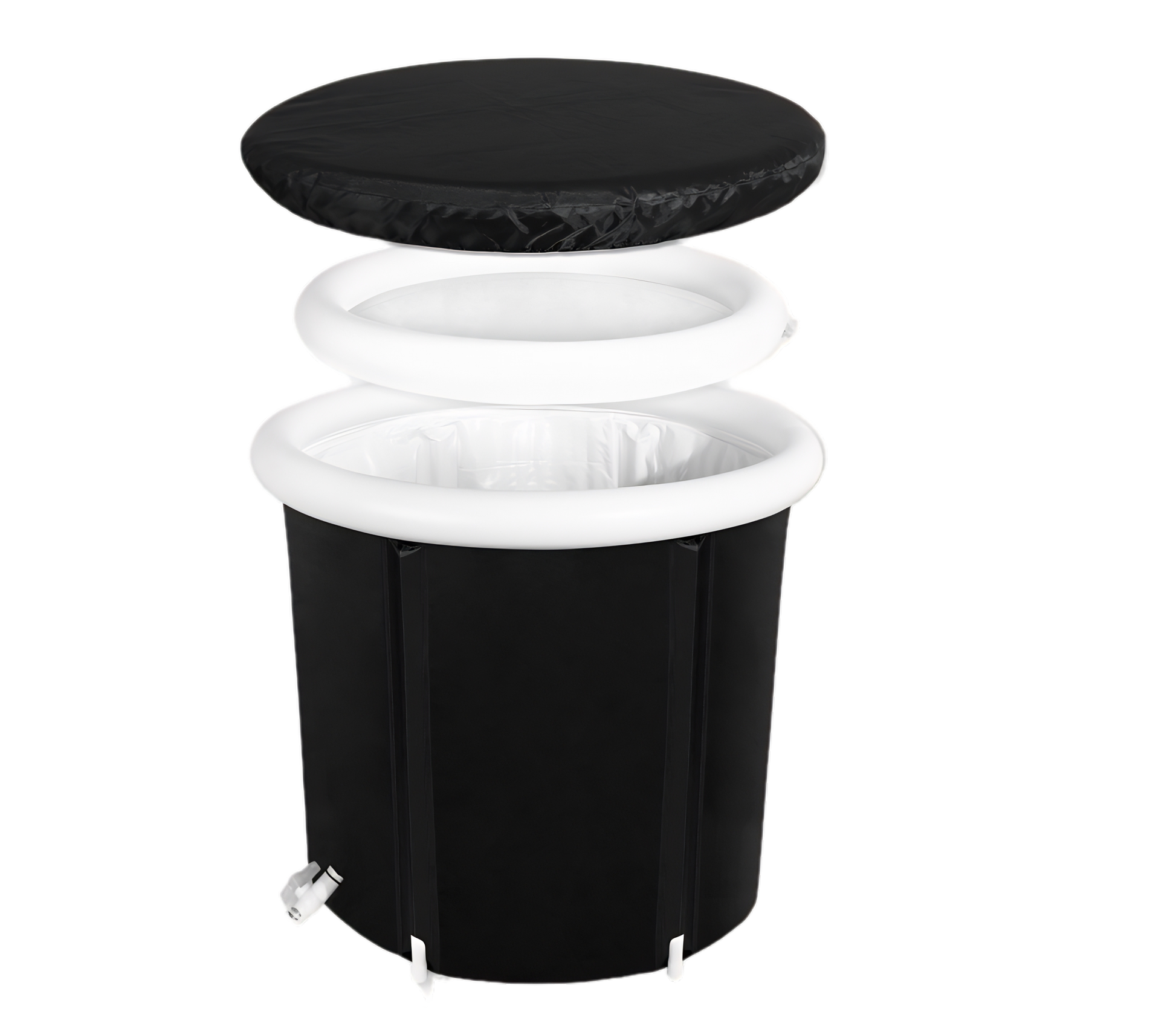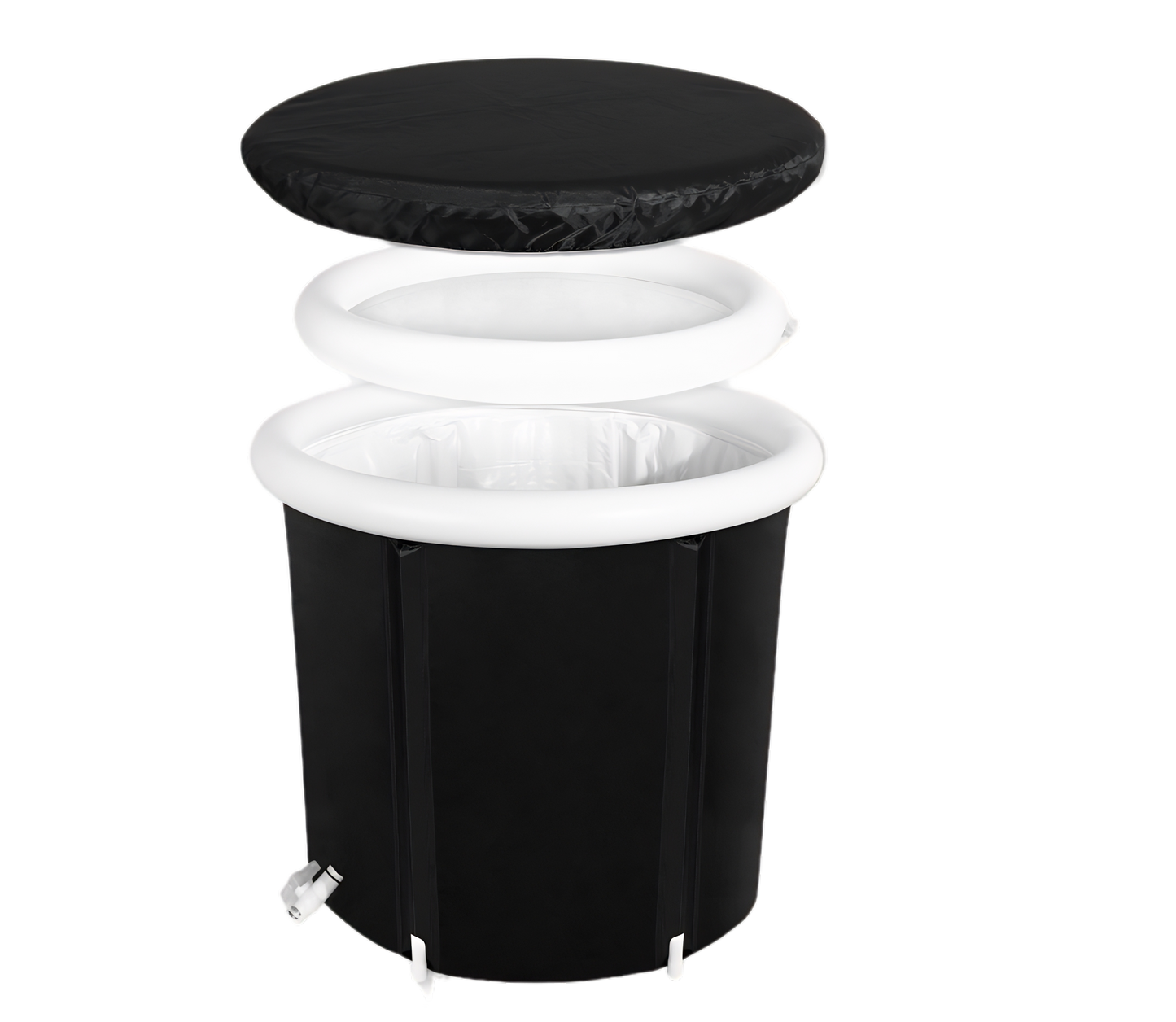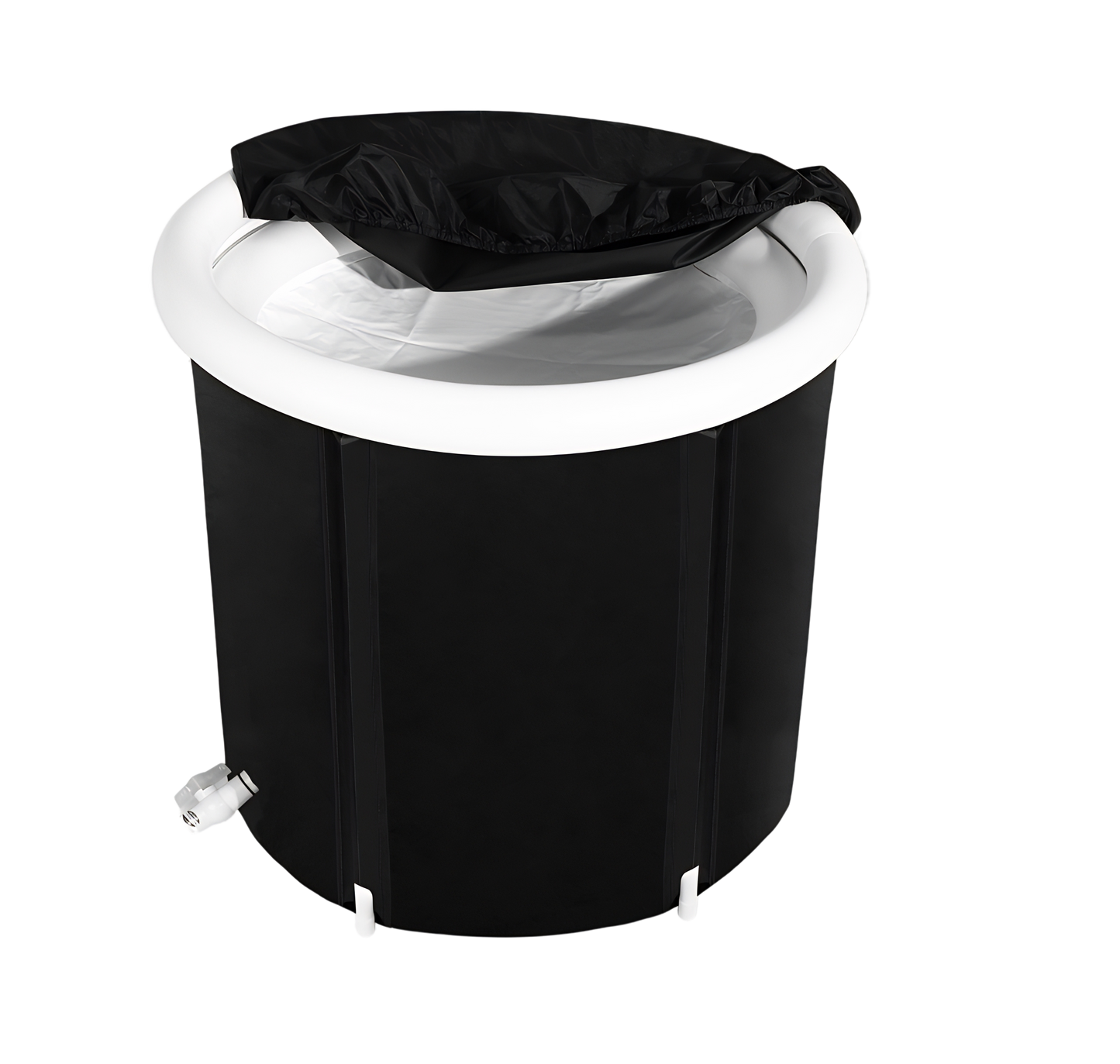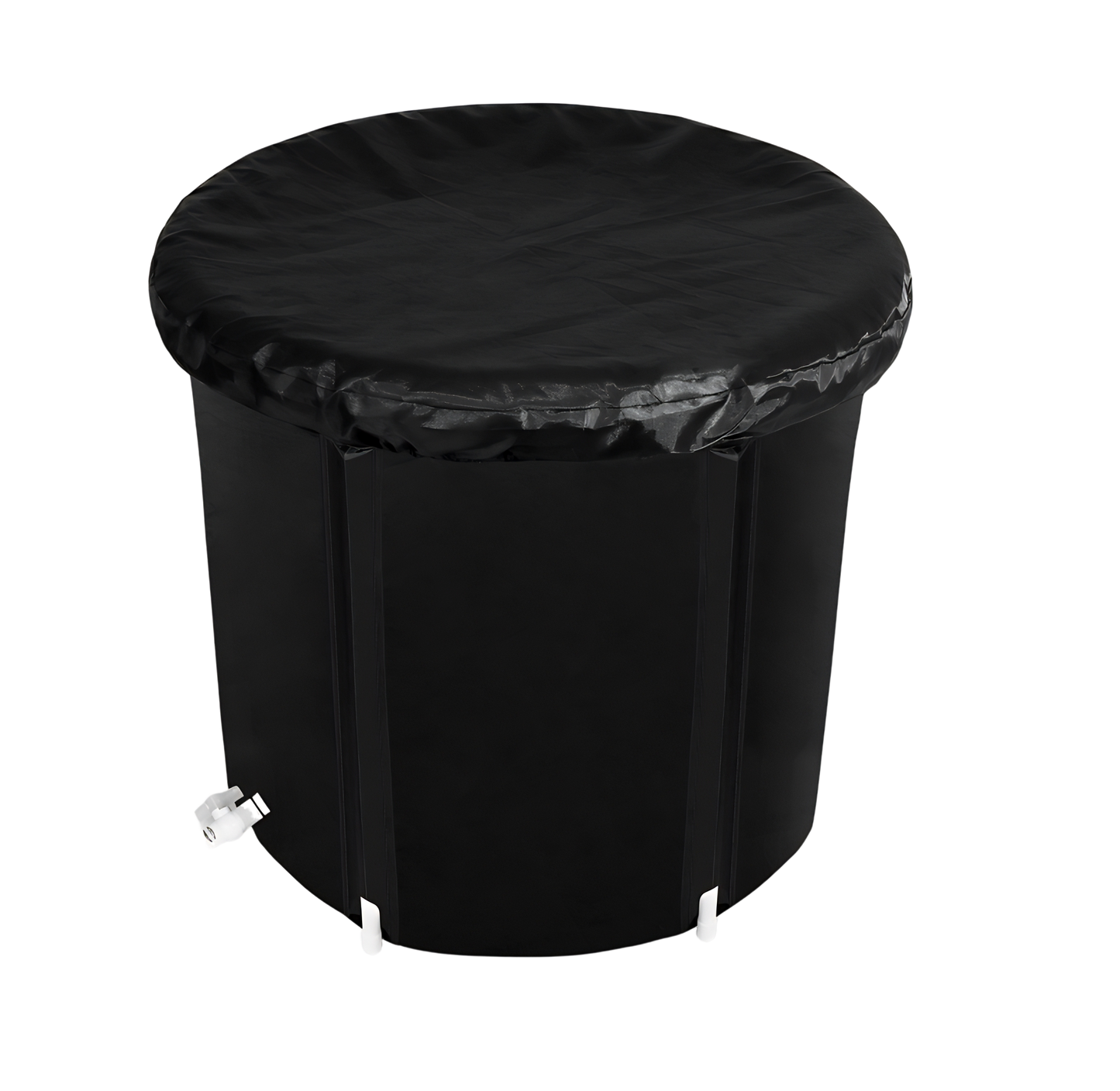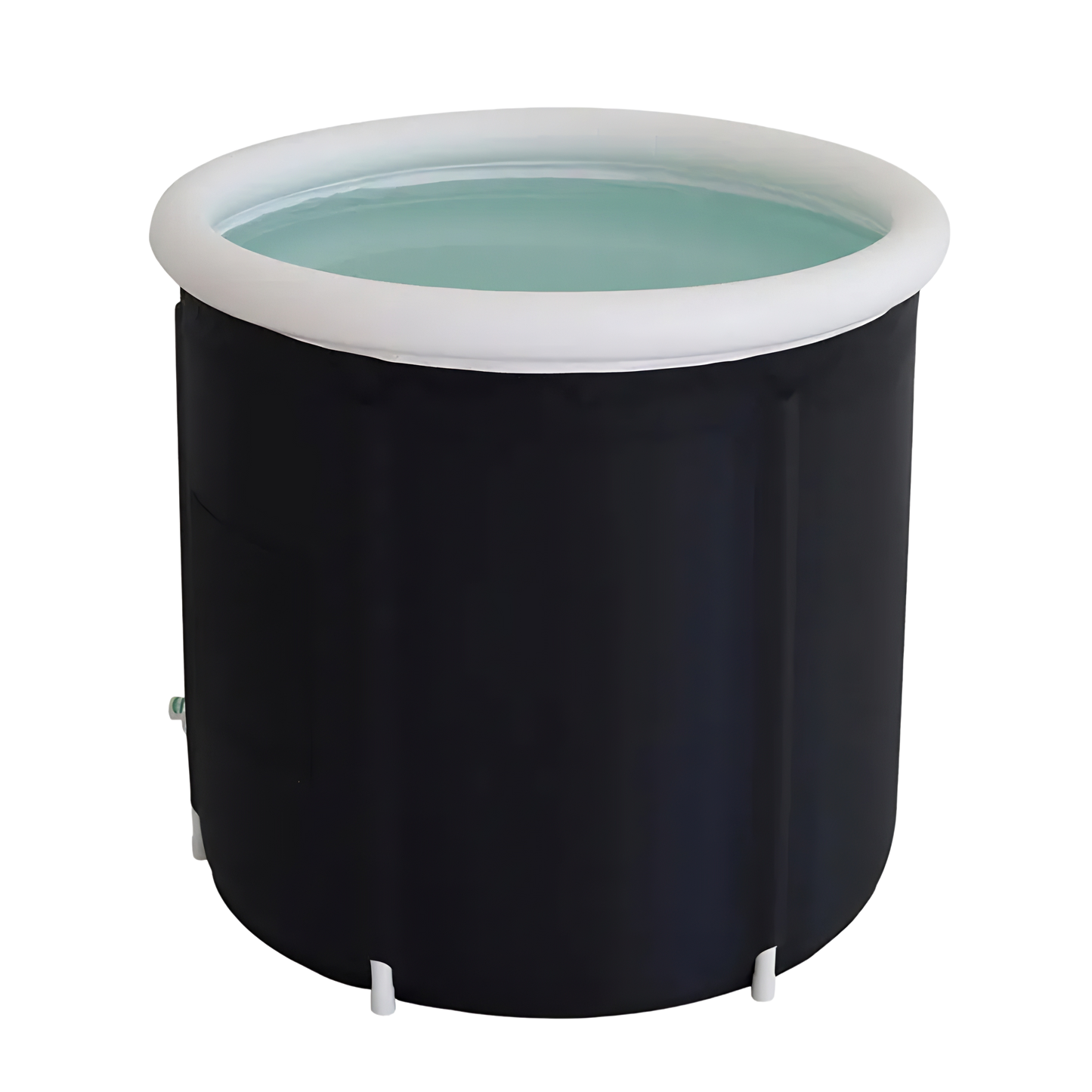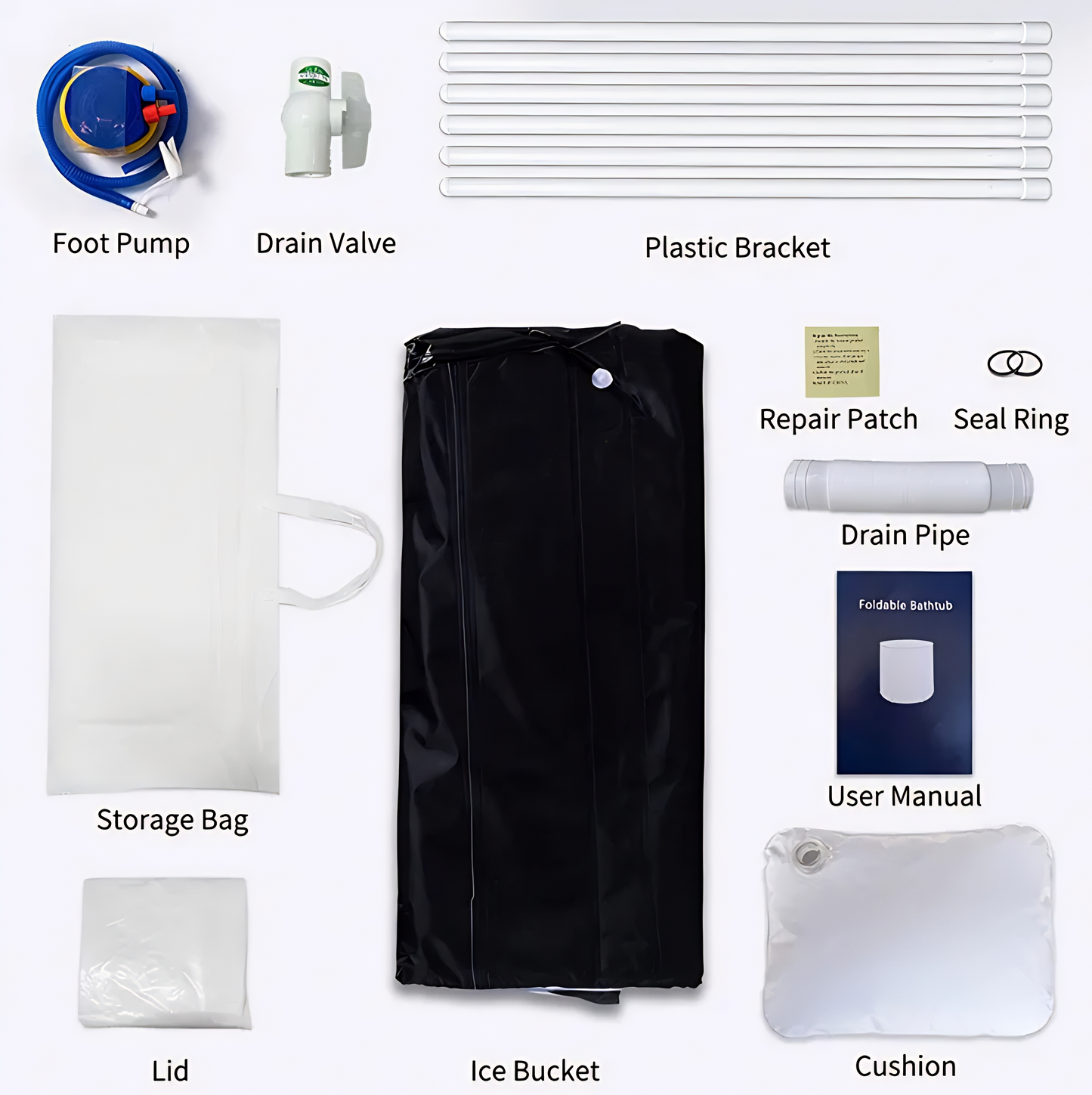ADHD, or Attention-Deficit/Hyperactivity Disorder, is a neurodevelopmental disorder that affects millions of individuals worldwide. While traditional treatments such as medication and therapy are commonly prescribed, there is growing interest in exploring alternative approaches to managing ADHD symptoms. One such approach is the use of ice baths, also known as cold therapy.
While research specifically on ice baths and ADHD is limited, there is a growing interest in exploring the potential benefits of cold therapy for managing ADHD symptoms. Some theories suggest that the extreme cold temperature of ice baths may stimulate neurotransmitters like dopamine, which could help improve focus and attention in individuals with ADHD.
If you are considering incorporating ice baths into your ADHD management plan, it is essential to develop a safe and effective routine. Start with shorter durations and gradually increase the time as your body acclimates to the cold temperature. Always ensure the water temperature is appropriate and take necessary precautions to prevent injuries or cold-related health issues.
In conclusion, while research on ice baths specifically for ADHD is still limited, there is growing interest in exploring the potential benefits of cold therapy for managing ADHD symptoms. Ice baths may offer potential benefits such as improved focus, attention, and regulation of impulsivity, but they should be used as part of a comprehensive ADHD management plan that includes evidence-based treatments and interventions.
Key Takeaways
- Ice baths, or cold therapy, may have potential benefits for managing ADHD symptoms.
- Research on ice baths specifically for ADHD is limited, but there is growing interest in exploring their effectiveness.
- The extreme cold temperature of ice baths may stimulate neurotransmitters like dopamine, potentially improving focus and attention.
- Developing a safe and effective ice bath routine is crucial, starting with shorter durations and gradually increasing time.
- Ice baths should be used as part of a comprehensive ADHD management plan that includes evidence-based treatments and interventions.
Unearthing the Potential of Ice Bath Therapy for ADHD

Understanding the Intricacies of ADHD
ADHD is a complex neurodevelopmental disorder characterized by symptoms such as inattention, impulsivity, and hyperactivity. It can significantly impact daily functioning and quality of life. Individuals with ADHD may struggle with focus, organization, time management, and emotional regulation.
Scientific Grounding of Ice Bath Therapy Benefits
While the research specifically on ice baths for ADHD is limited, there is growing interest in exploring the potential benefits of cold therapy for managing ADHD symptoms. Cold therapy, including ice baths, has been studied for its effects on various psychological and physiological conditions. Some researchers suggest that the extreme cold temperature of ice baths may stimulate neurotransmitters like dopamine, which could help improve focus and attention in individuals with ADHD.
Personal Anecdotes and Professional Observations
Personal experiences with ice baths for ADHD management have been shared by individuals who have tried this alternative therapy. They attribute benefits such as increased alertness, improved mood, and enhanced cognitive function to regular ice bath sessions. These personal anecdotes, while subjective, contribute to the growing body of anecdotal evidence surrounding ice bath therapy for ADHD.
Furthermore, professionals working with individuals with ADHD have reported observations and insights regarding ice bath therapy. While not conclusive, these observations provide valuable perspectives on the potential benefits and limitations of ice bath therapy in ADHD management.
Can Ice Baths Help ADHD?
While research specifically on ice baths and ADHD is limited, there is a growing interest in exploring the potential benefits of cold therapy for managing ADHD symptoms. Some theories suggest that the extreme cold temperature of ice baths may stimulate neurotransmitters like dopamine, which could help improve focus and attention in individuals with ADHD (the science of ice baths and endorphins).
The effectiveness of ice baths for ADHD is still being studied, but anecdotal evidence from individuals who have tried cold therapy as part of their ADHD management plan suggests positive outcomes. While more research is needed to fully understand the mechanisms behind the potential benefits, the use of ice baths may offer a natural and non-invasive approach to complement existing treatment strategies.
"I have personally found ice baths to be helpful in managing my ADHD symptoms. The intense cold seems to help me focus and stay more attentive throughout the day." - Sarah, ADHD patient
It is important to note that ice baths should not replace evidence-based treatments for ADHD, such as medication and therapy. However, they may be used as a complementary therapy to enhance symptom management. Consulting with a healthcare professional is crucial to ensure a safe and effective integration of cold therapy into an individual's ADHD management plan.
In the next section, we will discuss practical strategies for developing a safe and effective ice bath routine and how cold therapy can be integrated with conventional ADHD treatments.
Integrative Strategies for ADHD Management with Ice Baths

Developing a Safe and Effective Ice Bath Routine
If you are considering incorporating ice baths into your ADHD management plan, it is essential to develop a safe and effective routine. Starting with shorter durations and gradually increasing the time as your body acclimates to the cold temperature can help minimize discomfort and potential adverse effects.
It is crucial to ensure that the water temperature is appropriate for your comfort and safety. Consulting with a healthcare professional experienced in cold therapy can provide valuable guidance on establishing a customized ice bath routine tailored to your individual needs and ADHD symptoms.
Complementing Conventional ADHD Treatments with Cold Therapy
Cold therapy, such as ice baths, can be a complementary approach to conventional ADHD treatments. While ice baths alone may not be a substitute for medications or therapy, they can potentially enhance the overall management of ADHD symptoms.
Integrating ice baths into your treatment plan can provide additional therapeutic benefits and support the desired outcomes. However, it is essential to approach cold therapy as part of a holistic approach, combining evidence-based treatments, lifestyle modifications, and self-care practices to optimize ADHD management.
Consultation with Healthcare Professionals on Cold Therapy for ADHD
Before incorporating ice baths into your ADHD management plan, it is advisable to consult with a healthcare professional who specializes in ADHD or has experience with cold therapy. They can provide expert guidance, evaluate your individual circumstances, and help determine if ice baths are a suitable addition to your treatment plan. A healthcare professional can also monitor your progress, assess the effectiveness of cold therapy, and make any necessary adjustments to ensure optimal results.
Consulting with healthcare professionals ensures a comprehensive and personalized approach to managing ADHD symptoms with ice baths.
Summary
In conclusion, while research on ice baths specifically for ADHD is still limited, there is growing interest in exploring the potential benefits of cold therapy for managing ADHD symptoms. Ice baths may offer potential benefits such as improved focus, attention, and regulation of impulsivity. However, it is important to note that ice baths should be used as part of a comprehensive ADHD management plan that includes evidence-based treatments and interventions.
ADHD Alternative Treatments
Alternative treatments for ADHD are gaining attention as individuals seek complementary approaches to traditional medication and therapy. Ice bath therapy offers a unique approach that may provide additional benefits in managing ADHD symptoms. The extreme cold temperature of ice baths may stimulate neurotransmitters like dopamine, which could potentially contribute to improved focus and attention in individuals with ADHD.
Holistic ADHD Management
While ice baths show promise, it is crucial to consult with healthcare professionals when considering incorporating cold therapy into an ADHD management plan. They can provide valuable guidance on developing a safe and effective ice bath routine, ensure the water temperature is appropriate, and help prevent injuries or cold-related health issues. A healthcare professional can also help integrate ice baths with conventional ADHD treatments, ensuring a holistic and evidence-based approach to ADHD management.
Final Thoughts
In conclusion, while further research on ice baths and ADHD is needed, the potential benefits of cold therapy make it an intriguing alternative treatment option. Adding ice baths to an ADHD management plan, under the guidance of healthcare professionals, may provide individuals with a comprehensive approach to alleviate symptoms and improve overall well-being.
Frequently Asked Questions
Can ice baths help manage ADHD symptoms?
While research specifically on ice baths and ADHD is limited, there is growing interest in exploring the potential benefits of cold therapy for managing ADHD symptoms. Some theories suggest that the extreme cold temperature of ice baths may stimulate neurotransmitters like dopamine, which could help improve focus and attention in individuals with ADHD.
Read More: Ice Bath Therapy Benefits for ADHD.
How do ice baths work for ADHD?
The mechanism behind how ice baths may work for ADHD is not yet fully understood. However, some researchers believe that the extreme cold temperature may help stimulate the release of neurotransmitters like dopamine, which are involved in regulating focus and attention.
Read More: Do Ice Baths Help with ADHD?
Are ice baths a natural remedy for ADHD?
Ice baths are considered an alternative treatment for ADHD, but they are not a stand-alone natural remedy. They should be used as part of a comprehensive ADHD management plan that includes evidence-based treatments and interventions.
How should I incorporate ice baths into my ADHD management plan?
If you are considering incorporating ice baths into your ADHD management plan, it is essential to develop a safe and effective routine. Start with shorter durations and gradually increase the time as your body acclimates to the cold temperature. Always ensure the water temperature is appropriate and take necessary precautions to prevent injuries or cold-related health issues.
Can ice baths replace medication for ADHD?
Ice baths cannot replace medication for ADHD. They should be viewed as a complementary therapy and used in conjunction with prescribed medication and other evidence-based treatments for ADHD.
Should I consult a healthcare professional before trying ice baths for ADHD?
It is always recommended to consult with a healthcare professional, such as a doctor or therapist, before incorporating ice baths or any other alternative therapies into your ADHD management plan. They can provide personalized advice and ensure that it aligns with your overall treatment approach.
Disclaimer
The information provided in this blog is for educational and informational purposes only and is not intended as medical or health advice. The content is not meant to be a substitute for professional medical advice, diagnosis, or treatment. Always seek the advice of your physician or other qualified health provider with any questions you may have regarding a medical condition or health concerns. Never disregard professional medical advice or delay in seeking it because of something you have read on this blog.
The views and opinions expressed in this blog are those of the authors and do not necessarily reflect the official policy or position of any other agency, organization, employer, or company. The effectiveness of any treatments or therapies discussed in this blog may vary and are not guaranteed. We are not responsible for any errors or omissions in this information nor for the availability of this information. We are not liable for any losses, injuries, or damages from the display or use of this information.

